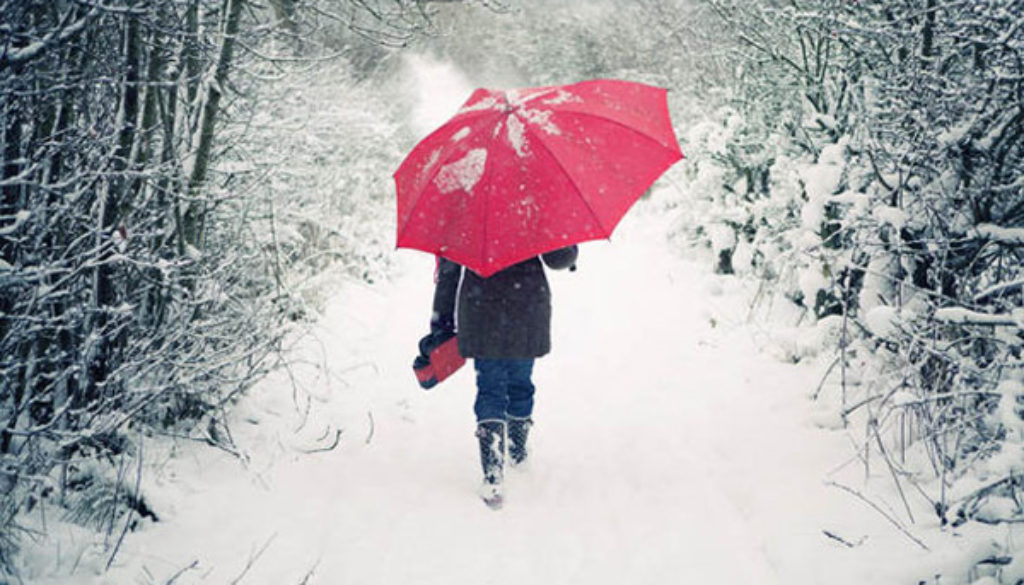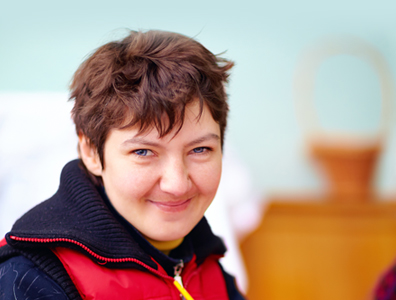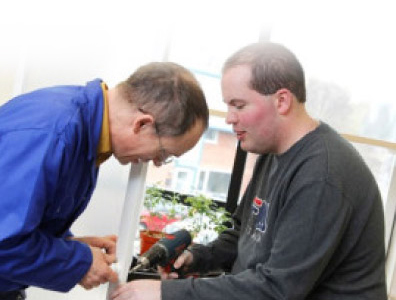How to keep warm this winter!
Layer up
Did you know that you lose body heat through conduction? The same happens when you sit down and the wind takes your body heat through convection. To prevent these from happening, it is best to insulate yourself by layering up.
Ideal ways to do so include:
- Thick or woolly socks.
- Long underwear.
- External wind and waterproof layer
The best clothing includes ones where you can enclose yourself which insulates the effects of the cold.
Shivering
Shivering is like a warning sign that you need to warm yourself up and fast. Shivering starts when skin temperature drops, shivering prevents your core temperature from dropping too low. By consuming calories, your muscles with contract and relax so that heat is generated to replace the heat your body has lost.
If you have mild hypothermia, you will shiver. But if you have moderate hypothermia, you may not. Your body will stop shivering when the muscle contractions are no longer effective when producing the heat.
Food and Drink
If you are consuming more calories than you are burning, then your body will be able to handle the cold better. Being well-fed helps you to keep your blood sugar up enough to provide the energy that you need. Staying hydrated is also important as your body will be able to stand the cold a lot better when they are balanced and maintained.
Getting used to it
Did you know that people who spend a lot more time outside in the cold can reduce their ‘set point’? No one fully understands why this happens, but people often think that brown fat may play a role in this. Regular “white” body fat stores extra calories whereas the brown fat consumes the calories and releases them as heat energy. If people are physically fit, this also makes it a lot easier for them to cope with the cold weather.
If any of these tips have helped you to battle back against the cold, let us know on Twitter or Facebook.
Gathering knowledge to help adults with learning difficulties/learning disabilities, behaviour that challenges, mental health, brain injuries and autism is something we’ve been doing for over 20 years. If you have, are close to an adult with learning difficulties/disabilities, autism, mental health and behaviours that challenge and you want them to live and learn for a better future please call 0121 308 6555 and ask for Wayne, thank you.




